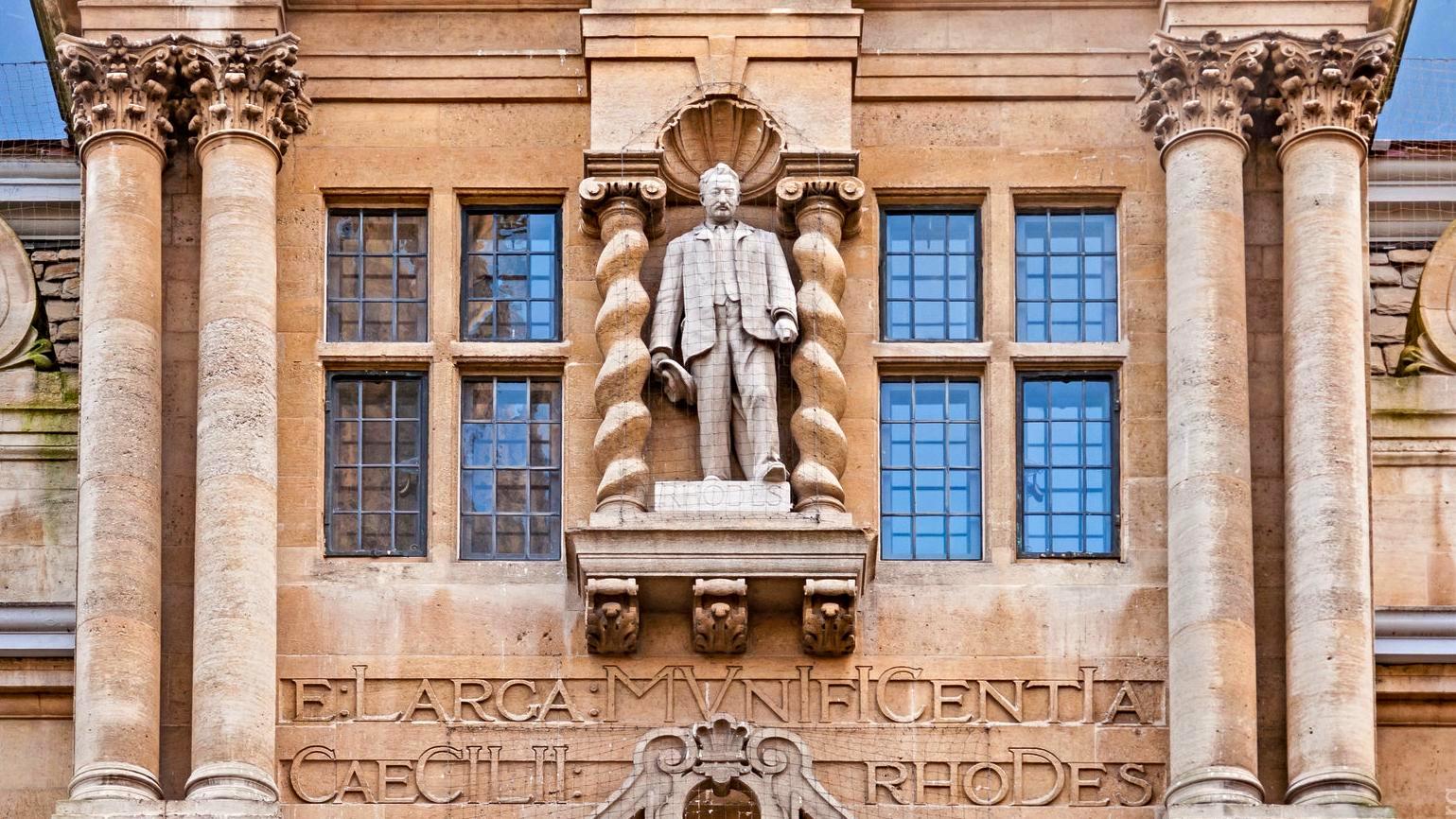The COVID-19 pandemic resulted in a reliance on more online political activity. New research in urban Kenya, however, which compares street-based and online political debate, shows the democratic value of continuing to invest in political debates that are face-to-face and informal.
Among experts in African politics, there is longstanding concern about how to organise politics on less personal, elitist or identity-based lines. Kenya is no exception: its politics has persistently been constructed along ethnic and personal logics. This has often been presented as a problem for Kenyan democracy: turning it into a zero-sum game and giving way to violent unrest.
At the same time, in Africa as elsewhere, there is growing concern about the political impact of the internet, which stands accused of confining individuals to ideological echo chambers, spreading misinformation and deepening divisions. These concerns have come to the fore during the COVID-19 pandemic, as the majority of the world’s population went under lockdown and ‘non-essential’ activities were moved online. This included large-scale political debates and rallies.
The crisis necessitated this shift. But, as my new book demonstrates, there are important reasons to move democratic politics back offline as the pandemic ends. Over the past decade, I have studied how people engaged in public discussion of politics, both in regular gatherings on the street in Mombasa and on social media, observing the same people on- and offline and conducting over 200 interviews.
Both deliberative and radical democratic traditions see public debate as central to democratic life. For example, Hannah Arendt emphasises how, when people come together openly and equally, they can collectively define public life in new ways. Different spaces for debate in Kenya, and how people respond to one another within them, can explain not only the intractable fault lines of politics, but also where potential for change lies (hint, it’s not online).
Public discussion is vibrant in Kenya, from the proliferation of newspapers, radio and television to the country’s 10.4 million Facebook subscribers and 85.2% rate of internet penetration. And irrespective of where discussion takes place, debates in Mombasa tended to reproduce familiar terms, such as ethnic stereotypes or personal and partisan allegiances. Since the colonial era, ethnic identifications have shaped people’s perceptions of politics. For example, Musa, a small trader who participated in street debates almost daily, once captured a crowd’s attention by referring to his Kikuyu debating opponent as ‘the Home Guard’, an epithet that invoked memories of a pro-British paramilitary force, composed of members of the Kikuyu ethnic group during the independence struggle. His opponent responded by alleging that Musa only sat around and drank tea, a stereotype attached to Kenyans from coastal communities.
Because these ethnic and regional communities have different historic links to political parties, such stereotypes are common in Kenyan political debate. This isn’t necessarily surprising: it can be used to the advantage of those in positions of relative power, and partisan and ethnic networks provide individuals with a sense of control over political affairs. Through these networks they may feel they can influence electoral outcomes and link up to those in positions of power.
Yet, although conversations on the streets tended to follow familiar lines of debate, they also indicated other possibilities. How people were positioned in the debate, and how they responded to what they observed, was key. For example, individuals at street debates came ready to question what speakers, even political leaders, shared, based on what they had heard or read elsewhere, their own experience, or even observing how others, from silent observers to passers-by, reacted to the speaker in their body language.
This required, at times, contending with the presence of unexpected participants, like myself. As white, foreign and female I stood out in crowds of males with links to Kenyan political parties, regions and ethnic identities. My interest generated uncertainty, but rather than exclude me, the gatherings adapted to accommodate me: shifting between English and Swahili, asking about comparisons to politics in my home country and seeking to position me along Kenyan partisan lines. I changed the debates. But, as other participants contended with my presence, they revealed the parameters of the debate were adaptable, that pre-set terms of political difference were not the final word. They could be challenged by the diverse people who could congregate in person.
Political discussion on Facebook augmented some of these conditions: online forums were accessible to a wider spectrum of people – especially women – and more flexible in allowing people to present anonymously. But the very things that made debate on Facebook open and accessible also made it more difficult for the established fault lines to shift.
Here’s why: unlike the streets, where debaters and passers-by can see one another, on Facebook only those who choose to be vocal, by posting or commenting, are seen. Rather than interpret someone’s views in the context of others’ responses, each individual observes Facebook alone, from their own device, losing the mediating effect of others’ reactions. With their gaze narrowed on a few vocal actors, participants can more easily write off something that didn’t fit their expectations, entrenching the pre-existing partisan or ethnic fault lines. This is the cost of turning listening to public debate into a private act.
The street debates were not inclusive and equal spaces, privileging the address of local leaders, entertaining orators, well-educated speakers and men. Facebook did expand access and enable different people to attract attention, but these limitations do not negate what these street gatherings did contribute to politics in Kenya: a semi-public and voluntary space of political debate, open enough to potentially engage unexpected participants and ideas. Moreover, the informality of these gatherings, unencumbered by the need to resolve in a formal vote or electoral outcome, made it easier for participants to change their minds.
As the COVID-19 pandemic heightened the reliance on virtual communications in global politics, it is critical not to lose sight of the contributions of face-to-face interaction to democratic life. When comparing different fora for debate, it’s important to consider not only who can access it, but also what people do there, and how they perceive and respond to one another, as a measure of democratic possibilities.
Photo: ‘Kenya’. A member of the Machakos Urban Alliance, affiliated to the Kenya National Alliance of Street Vendors and Informal Traders (KENASVIT). Credit: UUSC, Economic Justice program. Licensed under CC BY-NC-ND 2.0.





